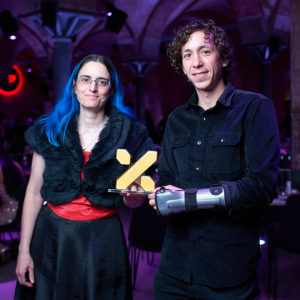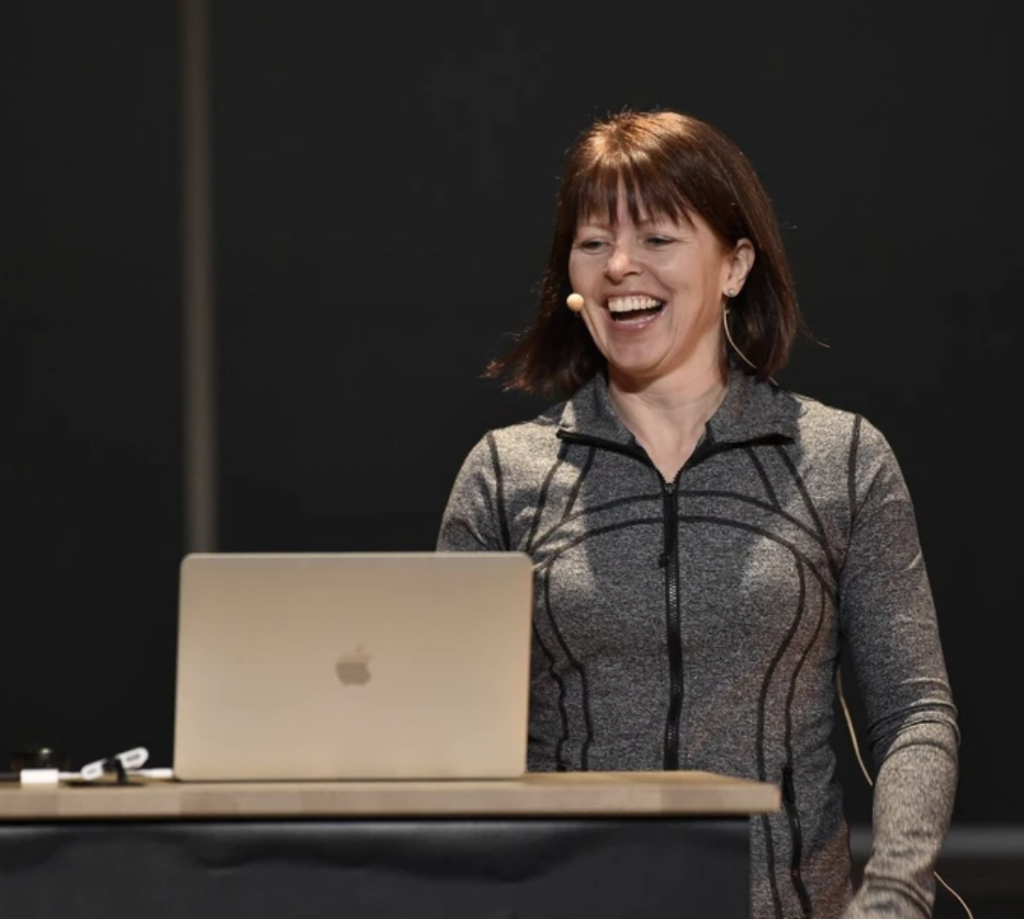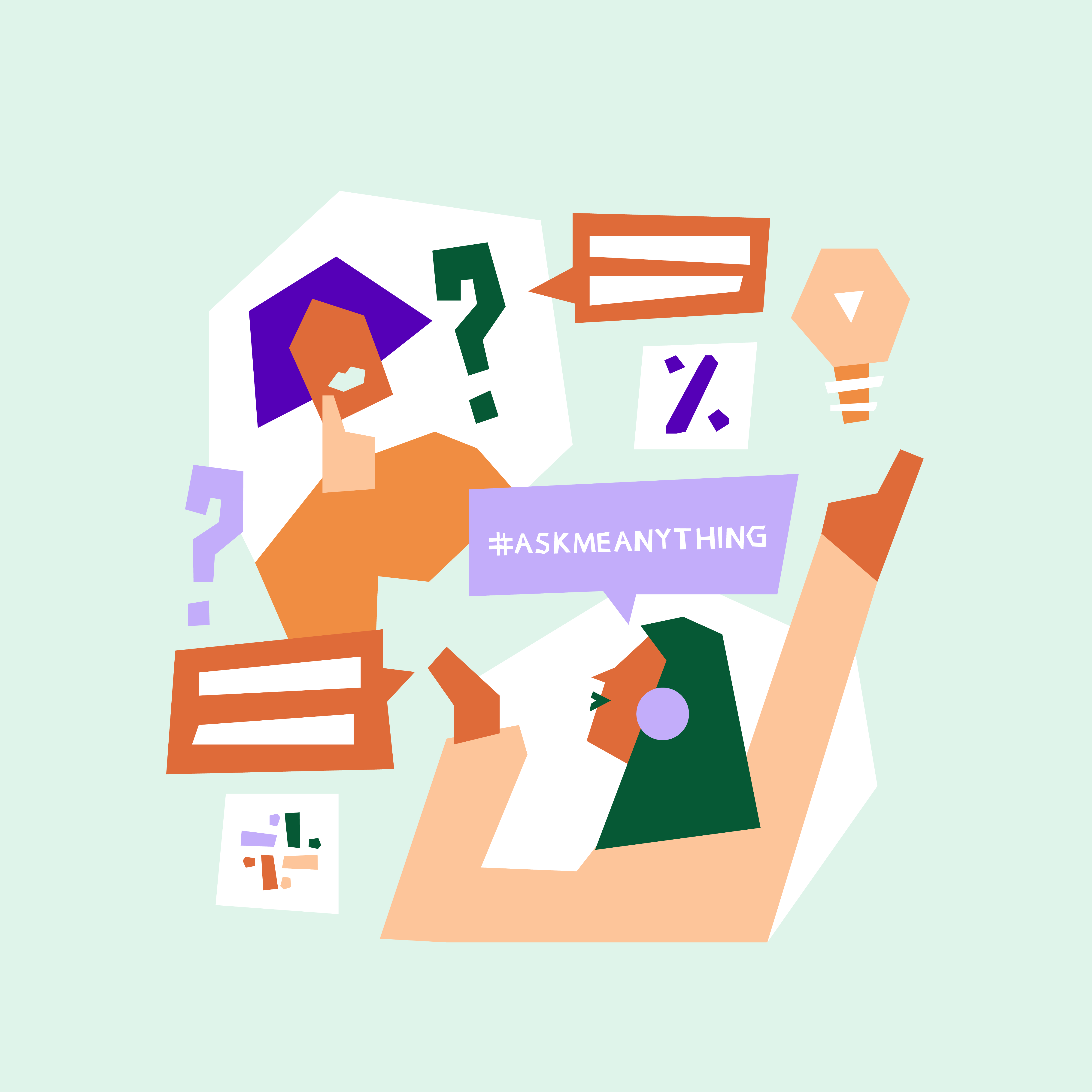4 min. read
Xena's Open Sourcer Award Winner 2023
Liz Rice on breaking down complex tech concepts

The Open Souce space is where ambitious developers can stand out from the competition by contributing to various projects.
At the moment, women barely make up more than 10% of the contributors and participants in the Open Source Space. That’s why we’ve partnered with Stream to pay tribute to the women who are making an impact in this community. It’s about time, right?
We are proud to introduce Liz Rice, Chief Open Source Officer at Isovalent. Liz is a celebrated author, board member, and award-winning keynote speaker. She loves breaking down complex tech concepts to make them easier for others to understand. Through her roles with the CNCF (Cloud Native Computing Foundation) and OpenUK she is involved in promoting the use of open technologies to solve not only engineering problems but also to support social impact initiatives.
Unfortunately, Liz couldn’t attend the ceremony but Bill Mulligan and Marga Manterola accepted the award on her behalf.

How can we encourage more diversity in the Open Source Space?
Diversity in the Open Source Space can only lead to benefits but for me, the most exciting part is the technology. Early in my career, I didn’t appreciate the value of diversity but now I realise how important representation is. It’s what can encourage others to follow the same path. I am aware that I’m in an important position where I can encourage and inspire people and by simply showing that I can do it.
Representation is important to show people there are different options.
I’m involved in CNCF and OpenUK and both of organisations value and promote diversity and inclusion in this space. We need to make sure projects are welcoming so we can attract different types of contributors. It helps to establish a code of conduct in order to create a respectful environment to collaborate in. We still have a long way to go but efforts are being made.
Through my Open Source work, I’ve been able to travel the world and meet extraordinary people. I would like to show that it’s accessible and open to everyone if they want to join the community.

What barriers do we need to overcome in the Open-Source space to make it more inclusive?
There are a lot of unconscious biases. For a long time, some people didn’t even realise that women can code. It was hard to get access at first but now the Open Source space has basic Codes of Conduct regarding how one can onboard into the community. Organisations such as CNCF and the Kubernetes project ensure that they are welcoming and have been intentional about how to get diversity engaged.
A lot has to do with gender bias specifically. In a study by Github, findings showed that women’s contributions were rejected more often, but only if their gender was identifiable. In the case of whether it was unclear if the contributor was a man or a woman – then women’s contributions tended to be accepted at a greater rate.
However, on the flip side, something that is very special about the Open Source Space is that it’s not only the tech but also the communities revolving around the projects you work in. There have been amazing relationships I’ve established around the world. It’s quite special that you’re not working for the same company necessarily but rather on the same mission.
There are endless channels for a project ranging from slack to discord and as a newbie, I encourage you to introduce yourself and take advantage of the network. You’ll have to put yourself out there but feel free to ask for help and feedback early on –you’ll soon realise how welcoming and rewarding it will be!

What’s a challenge you have recently overcome?
I’ve just finished writing a book on eBPF (Extended Berkeley Packet Filters). There wasn’t much documentation on this topic and it usually just jumps straight into the hardcore technicalities without context. My goal was to introduce people eBPF and its programming – a way of programming that changes dynamically the way the kernel behaves. It’s hot tech in the Kubernetes space!
My work in general is a combination of research and trying stubbornly to understand something until it works. To transform the high-level content and bringing back to Earth. I want to help people be accurate and I’m playing my part to avoid the jargon and build a mental model to help understand it better.
Software Engineering teaches you to think logically and fight the temptation to be random –something you learn with experience. My advice to overcome challenges is to be methodological and have a hypothesis on what’s wrong so you can track what you have or haven’t done. Collaboration also plays an important role in software in general, it’s important to bounce ideas off.
What are your Open Source goals that we should keep an eye on?
My eBPF book is a great example of tech that is new and becoming popular. I am constantly thinking about what’s next in terms of the evolution and complements of containers. It motivates me to see them get adopted and understand their security. It’s so really exciting how people react and how it grows. It is also amazing to see all the boundaries being pushed with Cloud Computing and AI – a lot interesting of developments but also the social risk that comes with the technology there.





